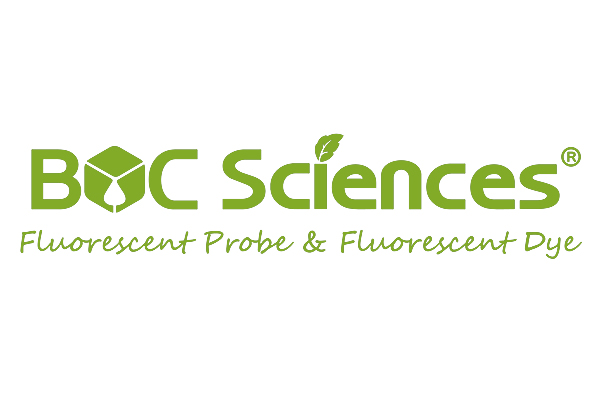
* Please be kindly noted products are not for therapeutic use. We do not sell to patients.
Product Introduction
ATTO 725 belongs to a new generation of fluorescent labels for the near infrared spectral region. The dye is designed for application in the area of life science, e.g. labeling of DNA, RNA or proteins. Characteristic features of the dye are strong absorption and good fluorescence as well as excellent thermal and photo-stability. ATTO 725 is a cationic dye. After coupling to a substrate the dye carries a net electrical charge of +1.ATTO 725 is a pH sensitive product. While practically stable up to pH 7.4 (PBS-buffer), it slowly degrades at higher pH. If exposed to higher pH for coupling purposes, we recommend reducing the pH immediately after completion of the reaction.Phalloidin is a fungal toxin isolated from the poisonous mushroom Amanita phalloides. Its toxicity is attributed to the ability to bind F actin in liver and muscle cells. As a result of binding phalloidin, actin filaments become strongly stabilized. Phalloidin has been found to bind only to polymeric and oligomeric forms of actin, and not to monomeric actin. The dissociation constant of the actin-phalloidin complex has been determined to be on the order of 3 x 10-8. Phalloidin differs from amanitin in rapidity of action; at high dose levels, death of mice or rats occurs within 1 or 2 hours. Fluorescent conjugates of phalloidin are used to label actin filaments for histological applications. Some structural features of phalloidin are required for the binding to actin. However, the side chain of amino acid 7 (g-d-dihydroxyleucine) is accessible for chemical modifications without appreciable loss of affinity for actin.find more information here
Chemical Information
Product Specification
| Purity | ≥80% (HPCE) |
| NACRES | NA.32 |
| Excitation | 725 |
| Emission | 755 |
| Properties Quality Level | 100 |
| Storage | −20 °C |
Recommended Services
Recommended Articles

- Hoechst Dyes: Definition, Structure, Mechanism and Applications
- Mastering the Spectrum: A Comprehensive Guide to Cy3 and Cy5 Dyes
- Fluorescent Probes: Definition, Structure, Types and Application
- Fluorescent Dyes: Definition, Mechanism, Types and Application
- Coumarin Dyes: Definition, Structure, Benefits, Synthesis and Uses
- Unlocking the Power of Fluorescence Imaging: A Comprehensive Guide
- Cell Imaging: Definitions, Systems, Protocols, Dyes, and Applications
- Lipid Staining: Definition, Principles, Methods, Dyes, and Uses
- Flow Cytometry: Definition, Principles, Protocols, Dyes, and Uses
- Nucleic Acid Staining: Definition, Principles, Dyes, Procedures, and Uses
Recommended Products
Online Inquiry

